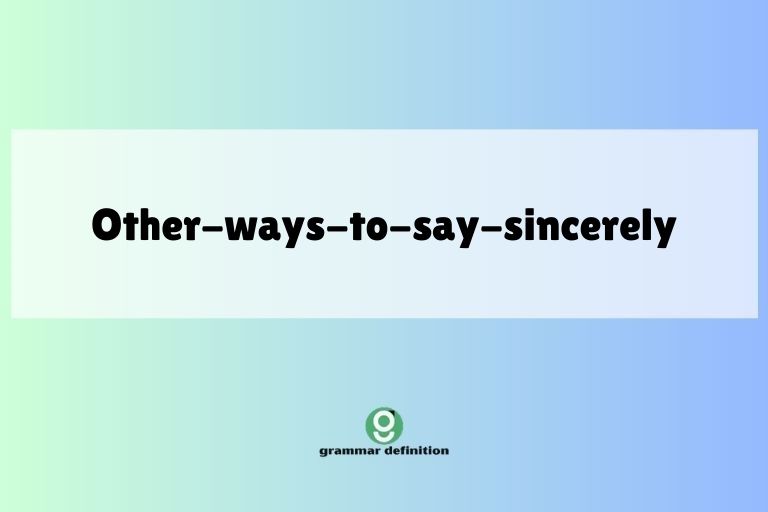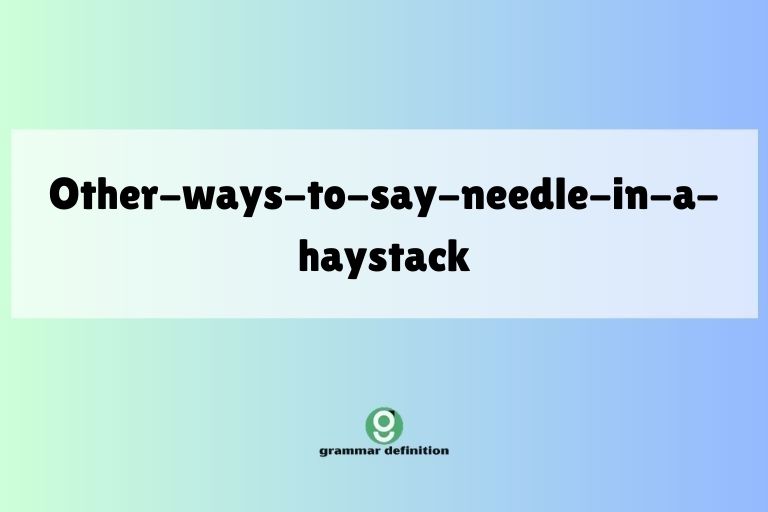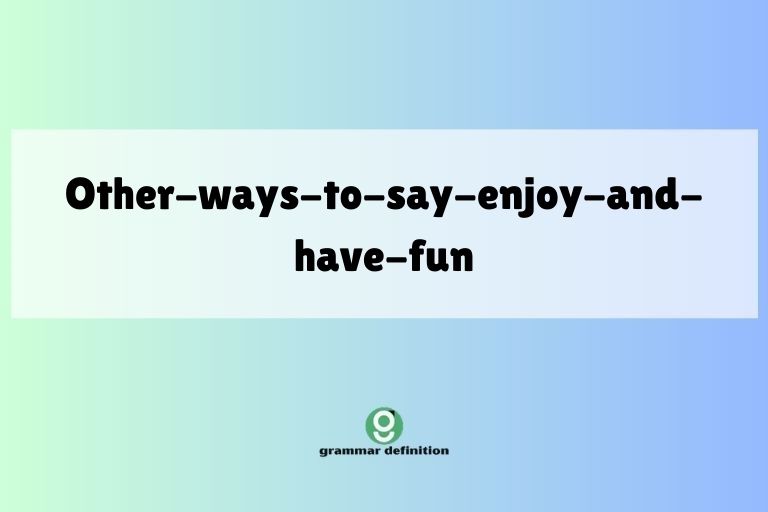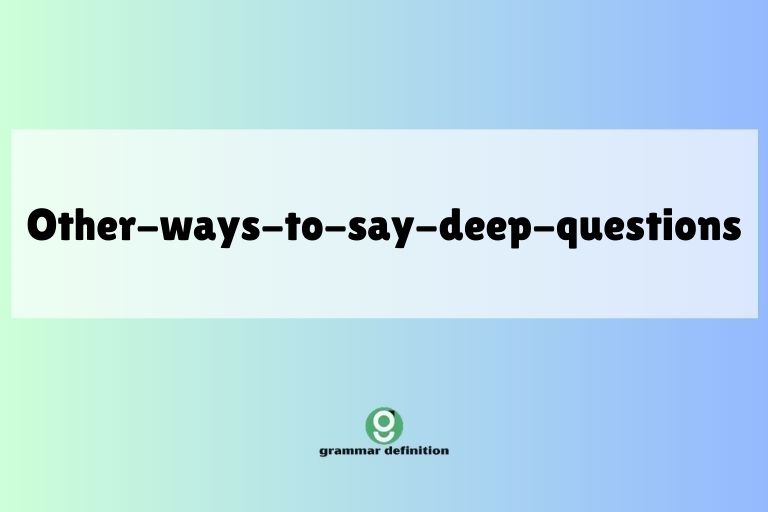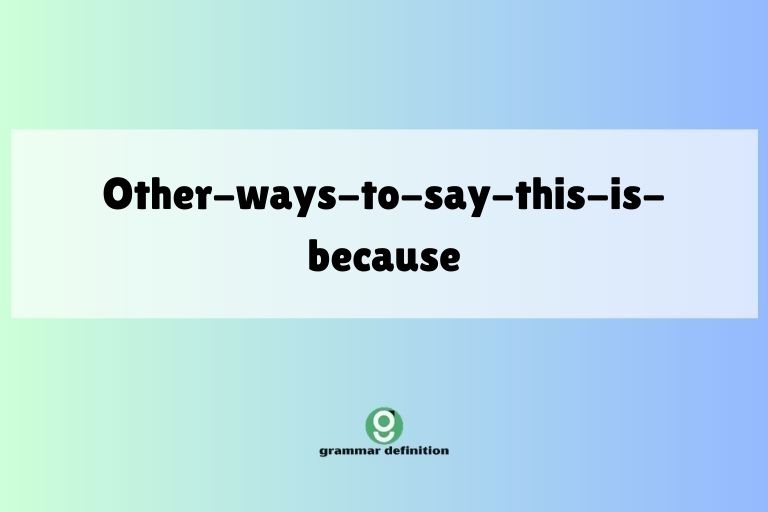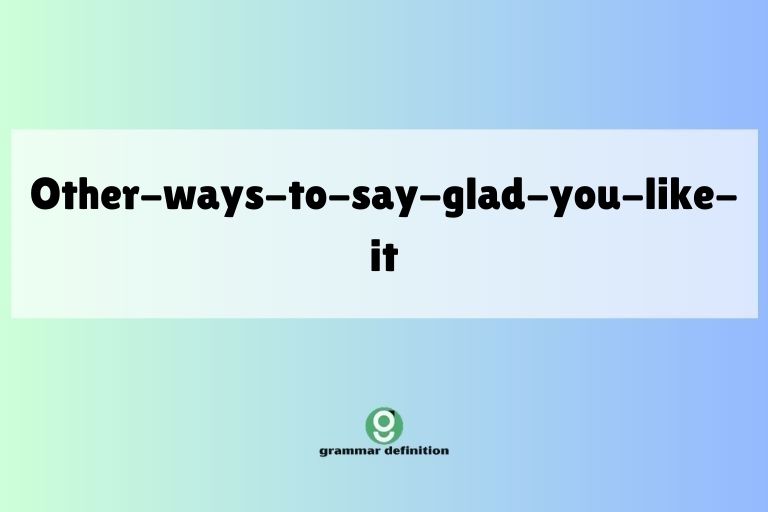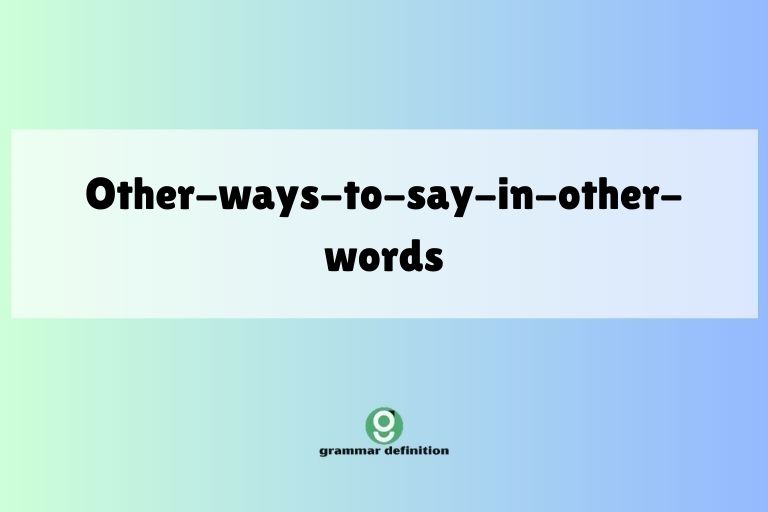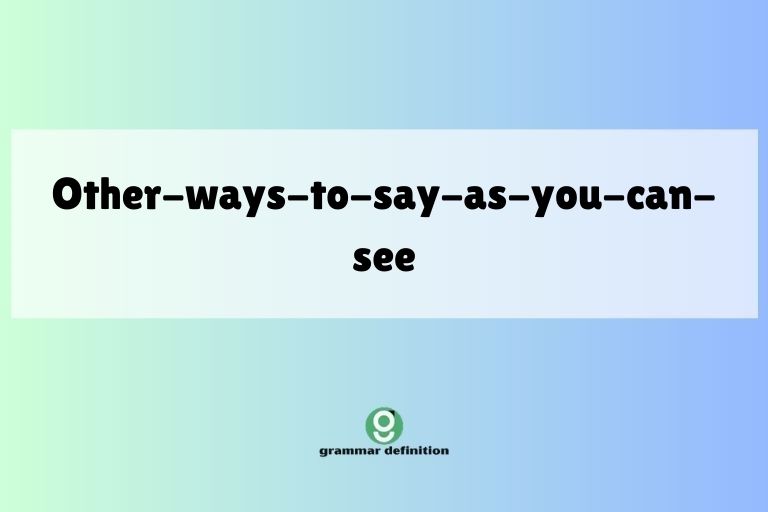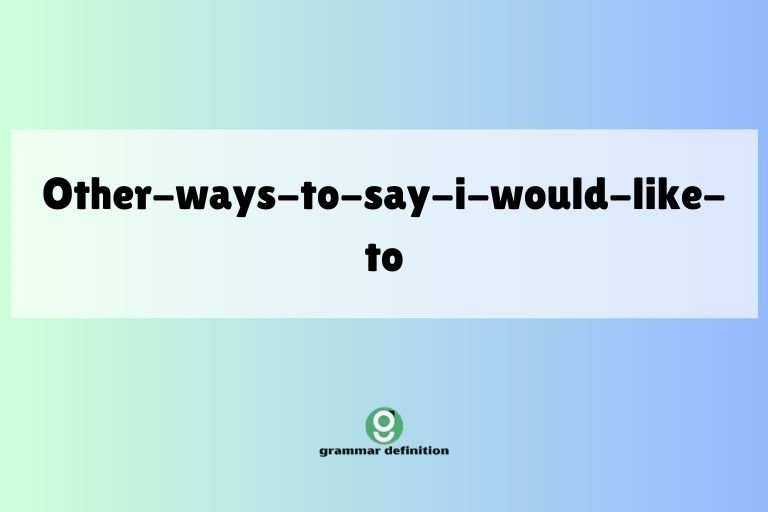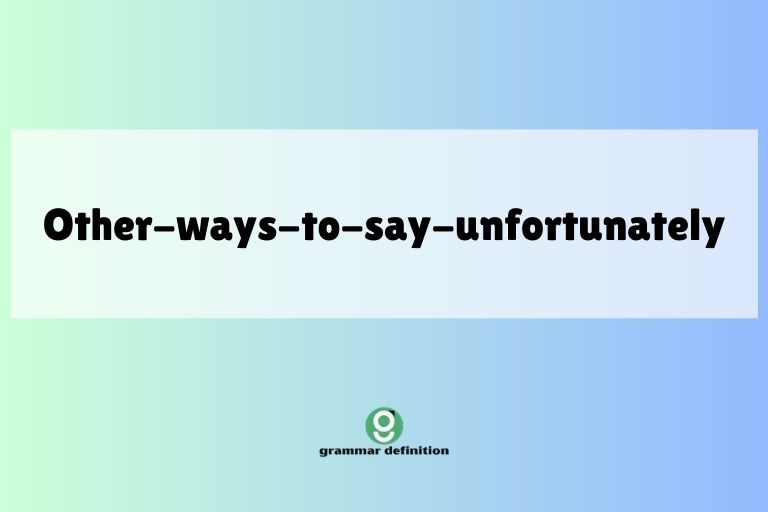Beyond “Sincerely”: Diverse Ways to Close Your Letters
Closing a letter or email effectively is crucial for leaving a positive and lasting impression. While “Sincerely” is a common and reliable choice, it can sometimes feel repetitive or lack the nuance needed for specific situations. Understanding alternative closings allows you to tailor your sign-off to the relationship with the recipient, the context of your … Read more

